Debt Collection in North America. No Win-No Fee
Recover overdue invoices across 25 North American & Caribbean jurisdictions—and in every U.S. state—through Debitura’s network of licensed local agencies and law firms. File a claim in minutes, track each step live, and pay only a modest success fee once the cash is collected.
Our Coverage in North America & the Caribbean
Recover unpaid invoices in 25 North American and Caribbean jurisdictions through on-the-ground, licensed agencies and law firms—no language gaps, no regulatory surprises.
Learn more about our most requested markets right now: read the U.S. debt-recovery guide, explore debt collection in Canada, or meet our local partner in Mexico.
View all 25 North American countries we cover:
Need coverage beyond North America?
Debitura’s no-win-no-fee model is live on every continent—explore our European hub for the Germany, France and the UK, our Asia hub spanning China to the Gulf States, our Africa hub covering 50+ jurisdictions, our Oceania hub for Australia, New Zealand and the Pacific, and our South America hub serving Brazil, Argentina and the wider region— all under one global contract and the same real-time dashboard.

How Debt Collection in North America Works
- Upload Your Claim (2 min). Drag-and-drop invoices or sync via our debt collection integrations.
- We Assign a Licensed Local Expert. Debitura routes the file to a vetted agency or law firm in the debtor’s country within 24 h.
- Amicable Outreach Begins. Native-language emails, demand letters, calls and letters aim to resolve most cases in 30-60 days (exclusive collection period is 6 months)
- Legal & Enforcement Options. If needed, we launch an Small-Claims action or full litigation by a local lawyer—always with up-front cost visibility.
- Get Paid — or Pay Nothing. Funds go straight to your account; you owe only our small success fee when recovery is confirmed.
.svg)
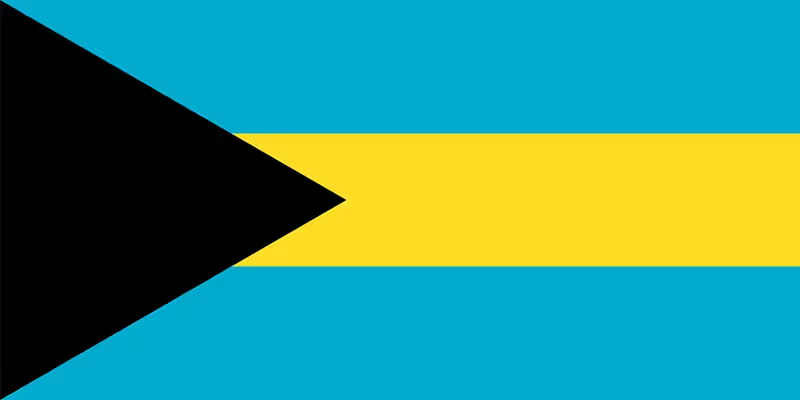
.avif)
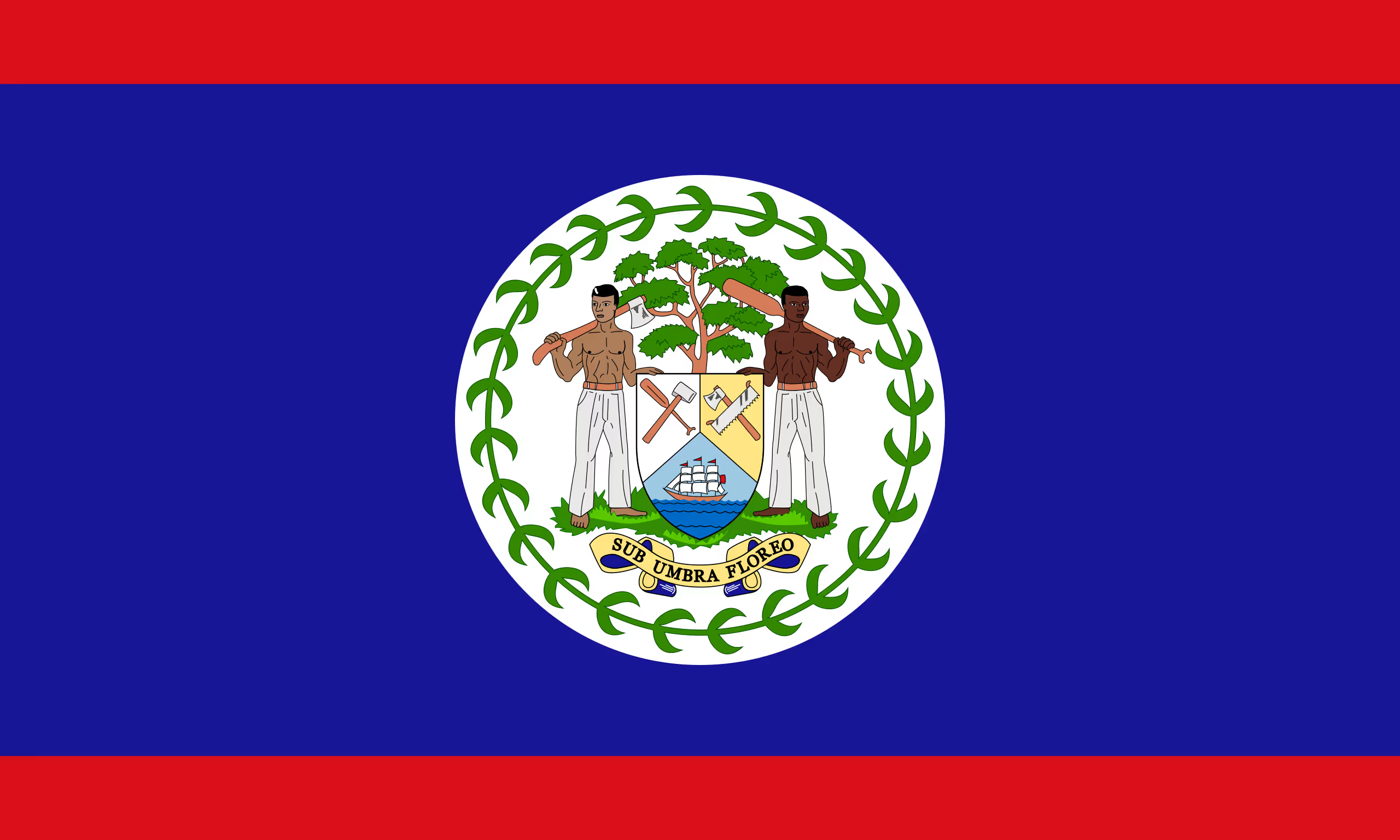
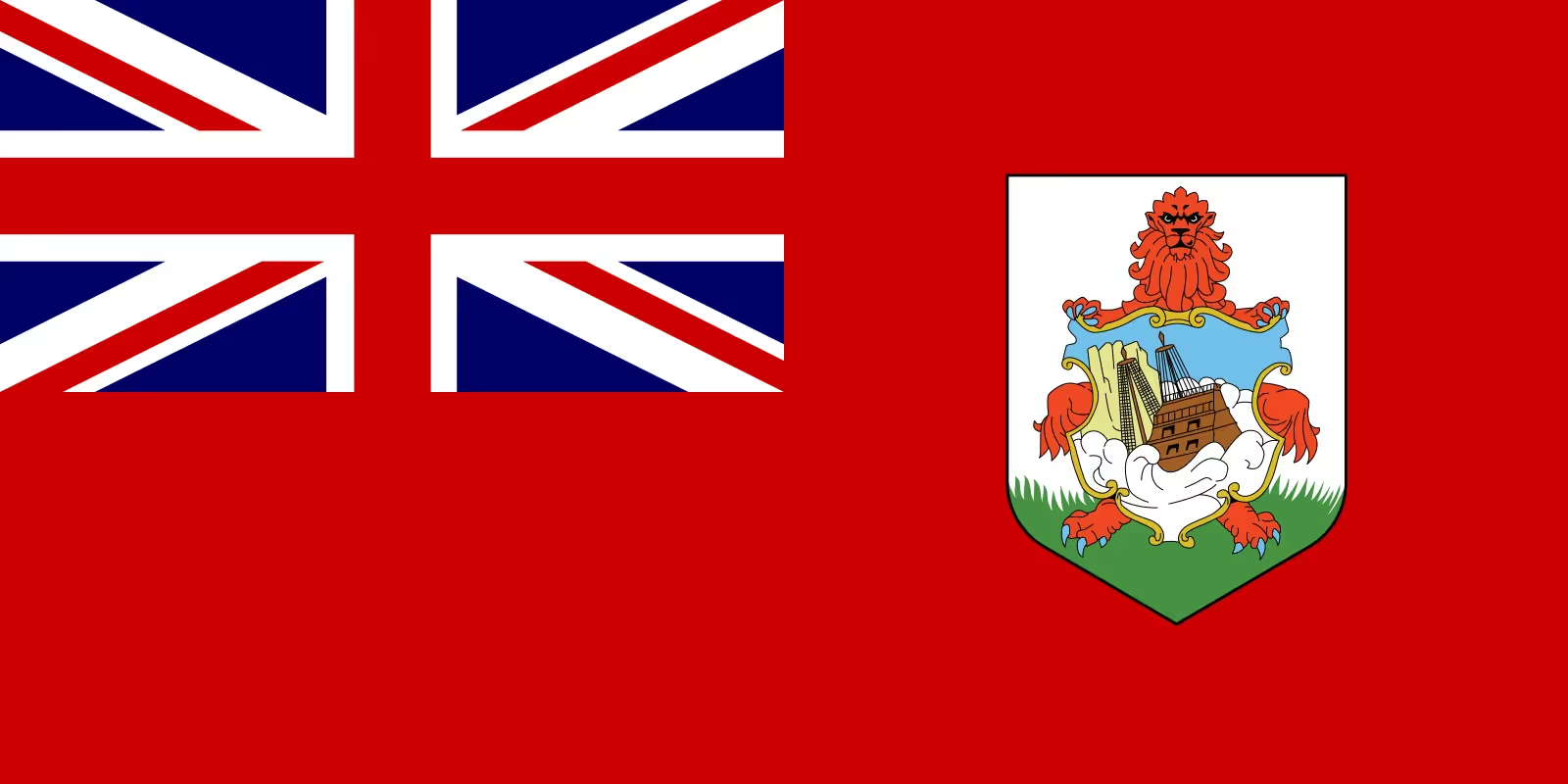
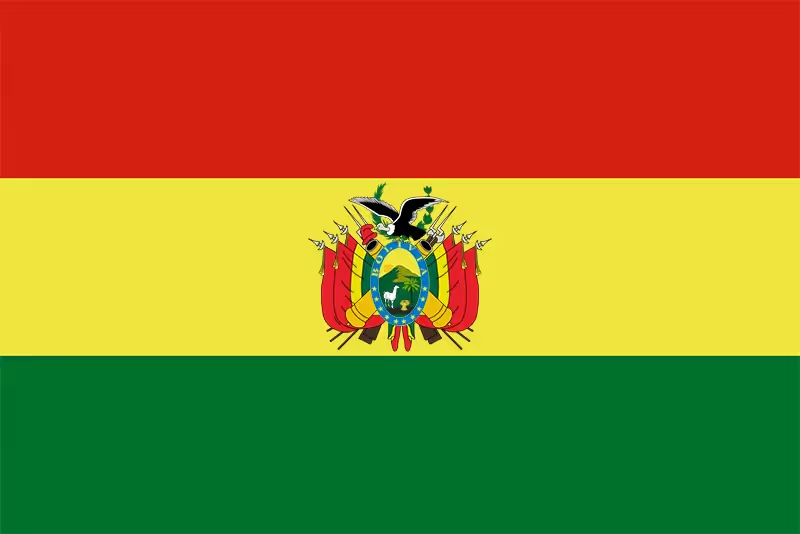
.svg)
.avif)
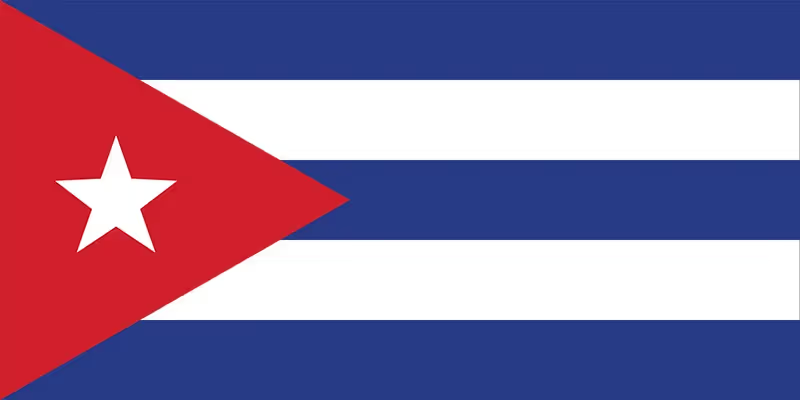
.avif)
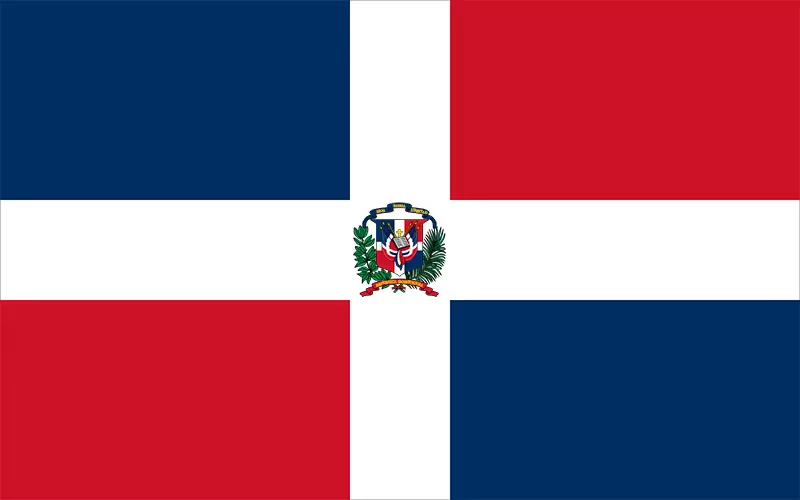
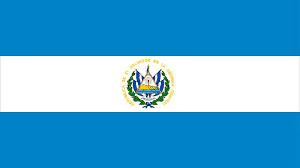
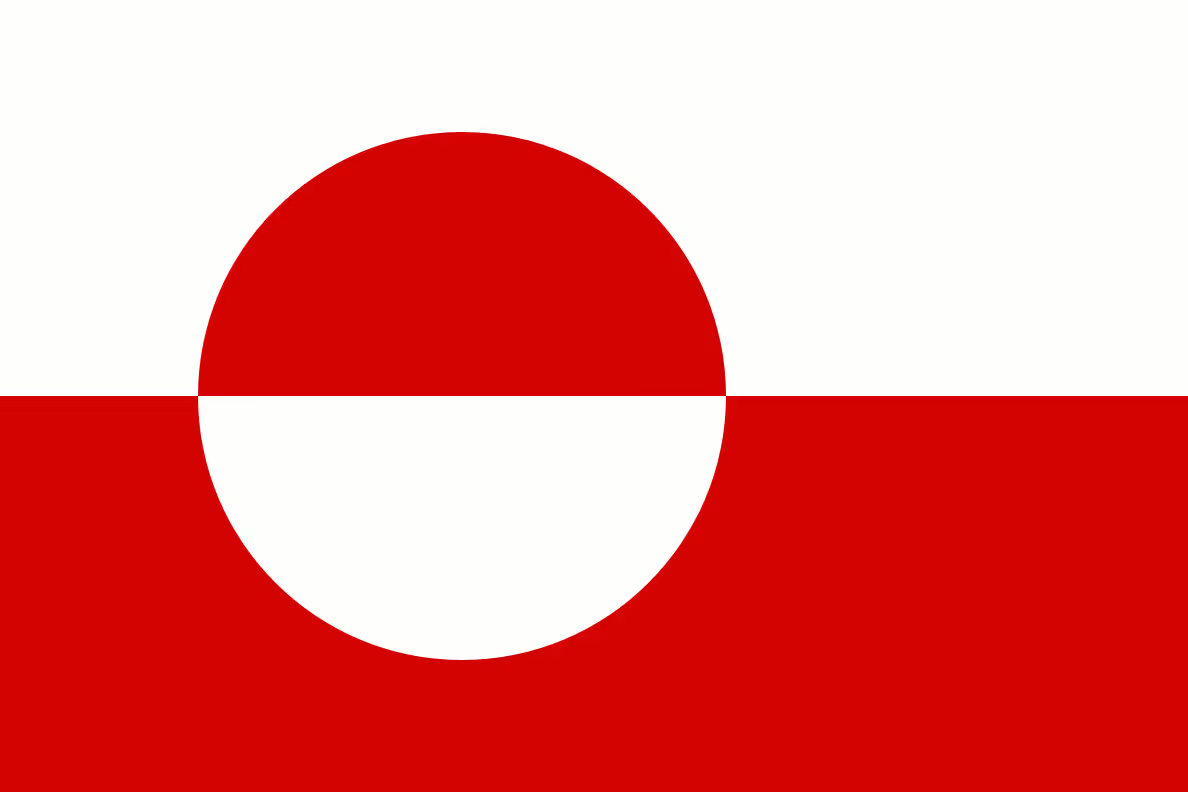
.avif)
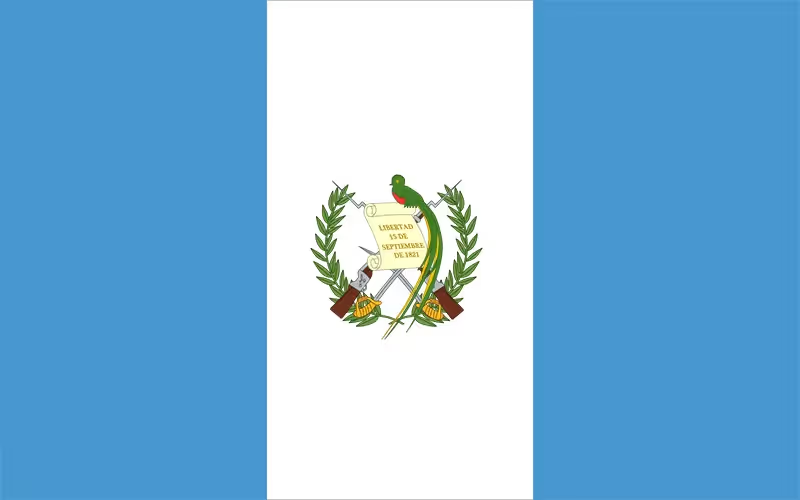

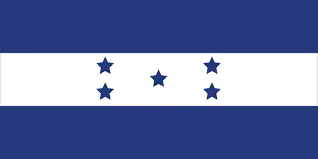
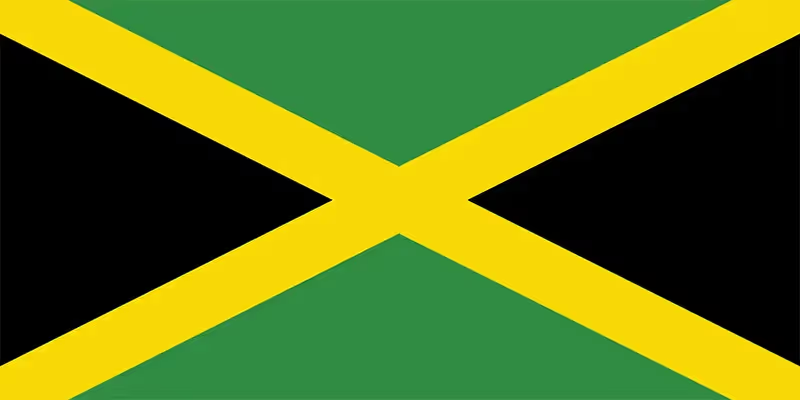
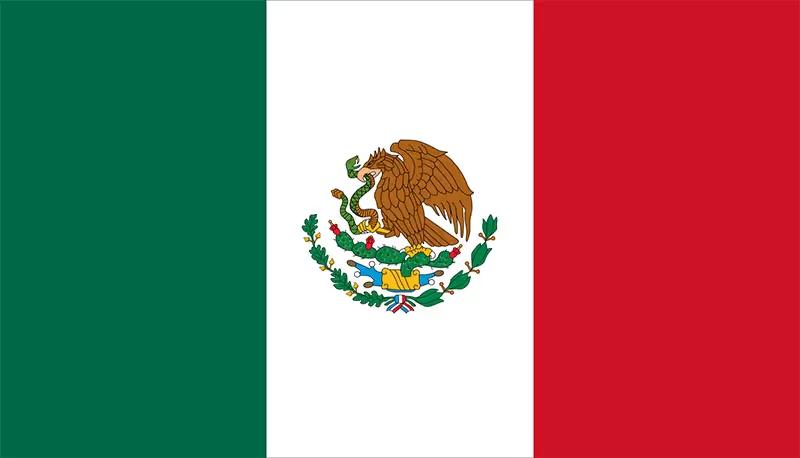
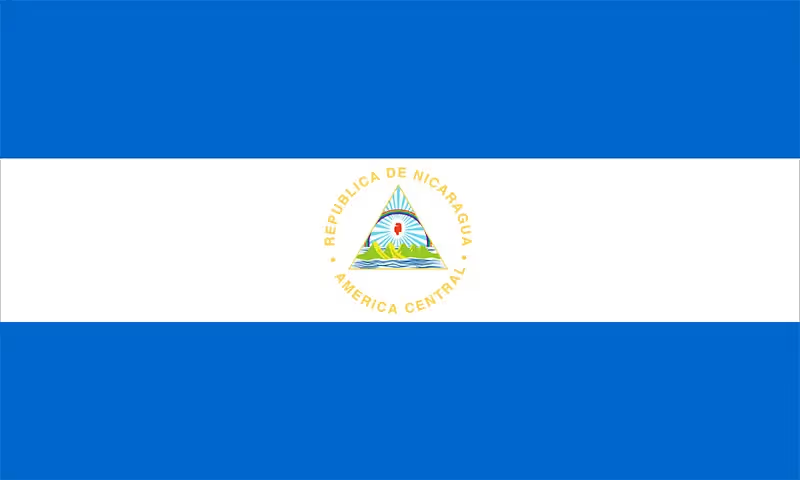
.avif)
.avif)


.avif)
.avif)
.png)
.avif)
.avif)
.avif)
.avif)
.avif)
.avif)
.avif)

.avif)

.avif)

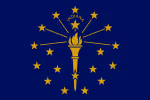



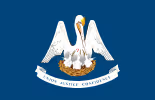
.svg.avif)



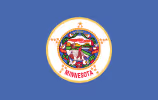
.avif)
.avif)
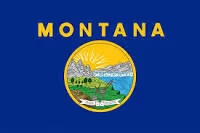
.avif)
.avif)


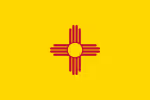
.avif)
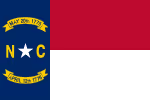


.svg.avif)
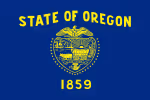
.avif)

.avif)
.avif)
.avif)
.avif)
.avif)
.avif)
.avif)
.avif)
.avif)
.avif)
.avif)
.svg%20(1).avif)
.webp)
